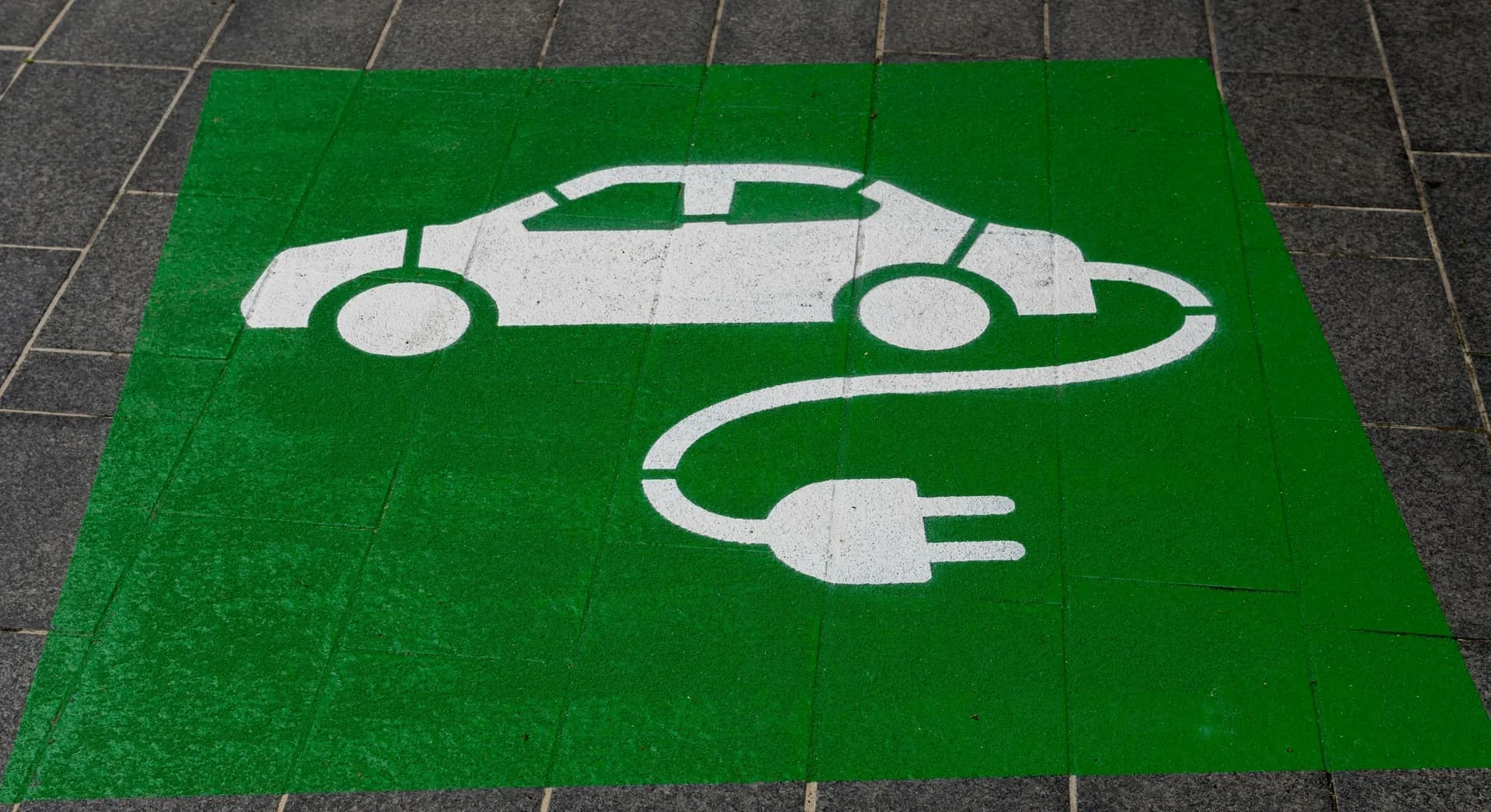
Electric Cars in 2025: Promise or Disappointment?
Europe is pushing hard on electric cars: purchase incentives, more charging stations, and carmakers announcing the end of combustion engines. But in daily life, drivers remain hesitant. Price, range, real ecological impact — does the promise really hold up?
The Entry Cost
Even with subsidies, an electric car is still more expensive upfront. But running costs (maintenance, energy) are lower, especially when charging at home.
Range and Charging Network
For long trips, range is still a concern. Charging stations are growing fast, but distribution remains uneven between regions.
The Real Impact
Battery production consumes many resources. Over a car's lifetime, the ecological benefit is clear compared to combustion, but not without limits.
Conclusion: In 2025, the electric car is neither a miracle solution nor a dead end. It's a useful transition, best combined with more sustainable mobility choices. For everyday sustainable transport, explore our guide on cycling through autumn and reducing stress with green routines.
About the author:
Alexandre Dubois is a French sustainability enthusiast who explores practical, science-backed habits for everyday life. From reducing household energy use to cutting food waste, his focus is on small changes that add up to real impact. He shares what he tests in his own home so others can live greener without sacrificing comfort. Contact: info@greendailyfix.com
Related posts

The Winter Home Problem Nobody Talks About: Humidity, Mould, and the Air You’re Breathing
Every winter, we seal our homes to keep warmth in — and trap something else inside. Humidity rises, air stagnates, and invisible pollutants accumulate. In 2026, indoor air quality is becoming one of the most overlooked health issues in European homes.

From Optimisation to Protection: Why European Homes Are Redefining Energy Strategy in 2026
For years, energy advice focused on optimisation: better efficiency, higher performance, maximum savings. In 2026, European households are quietly changing priorities. The new goal is not perfection - it is protection.

The Illusion of Energy Stability: Why Europe's 2026 Calm Is Costing Households More Than They Think
For the first time in years, Europe entered winter without an energy shock. No dramatic price surge. No emergency headlines. And yet, something more dangerous is happening quietly: households are mistaking stability for safety.

Europe’s Winter Wake-Up Call: The Hidden Energy Decisions Millions of Homes Will Regret Delaying in 2026
This winter, Europe didn’t freeze — but something else happened quietly. Millions of households realized that energy problems no longer arrive as shocks. They arrive as slow, expensive regrets. Winter 2026 isn’t about panic. It’s about the cost of waiting.